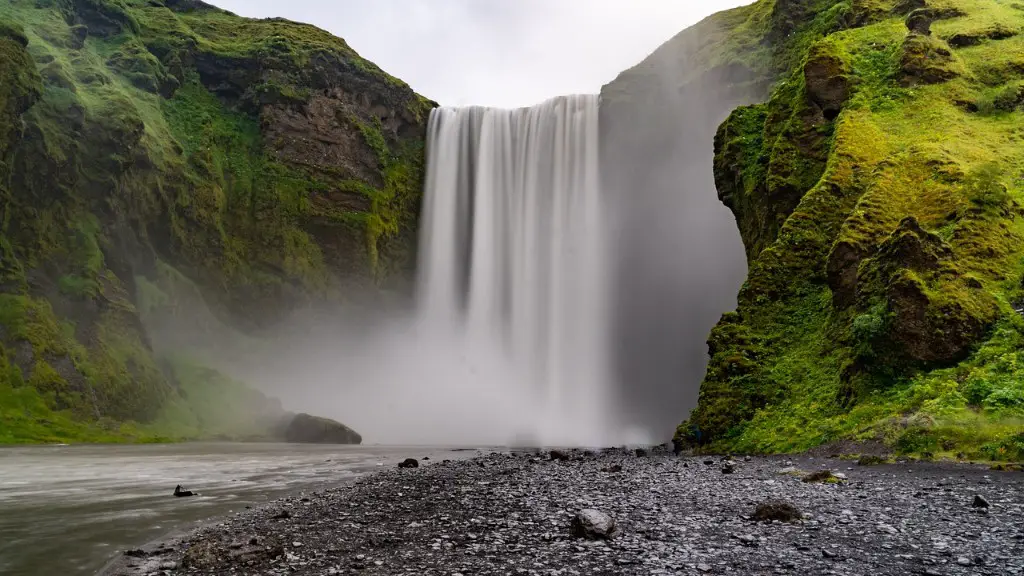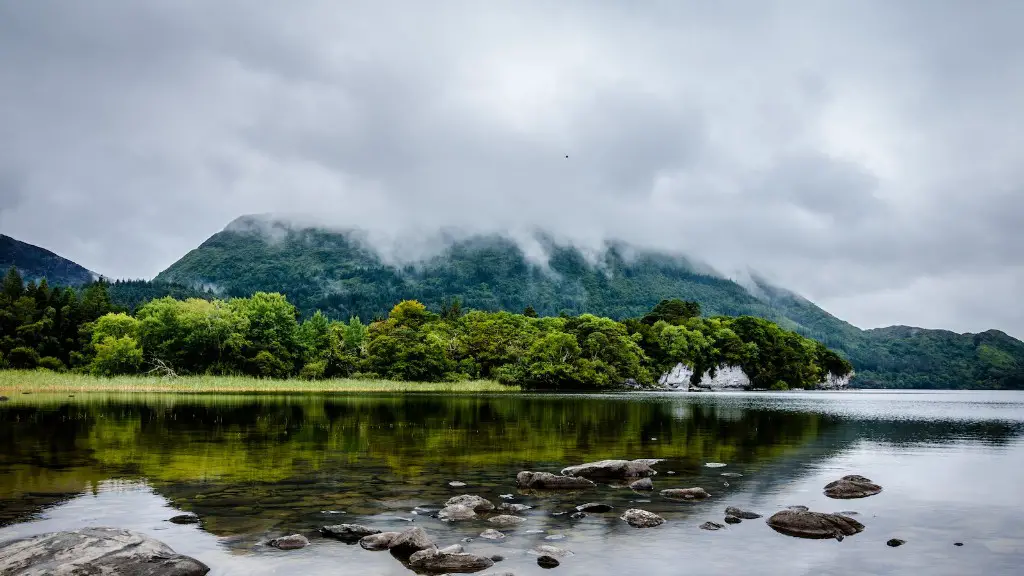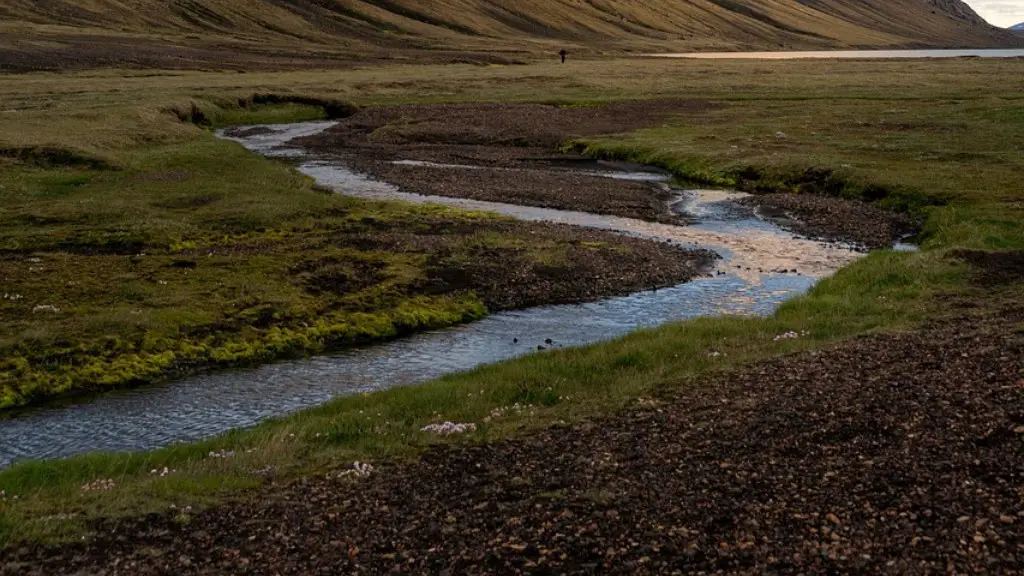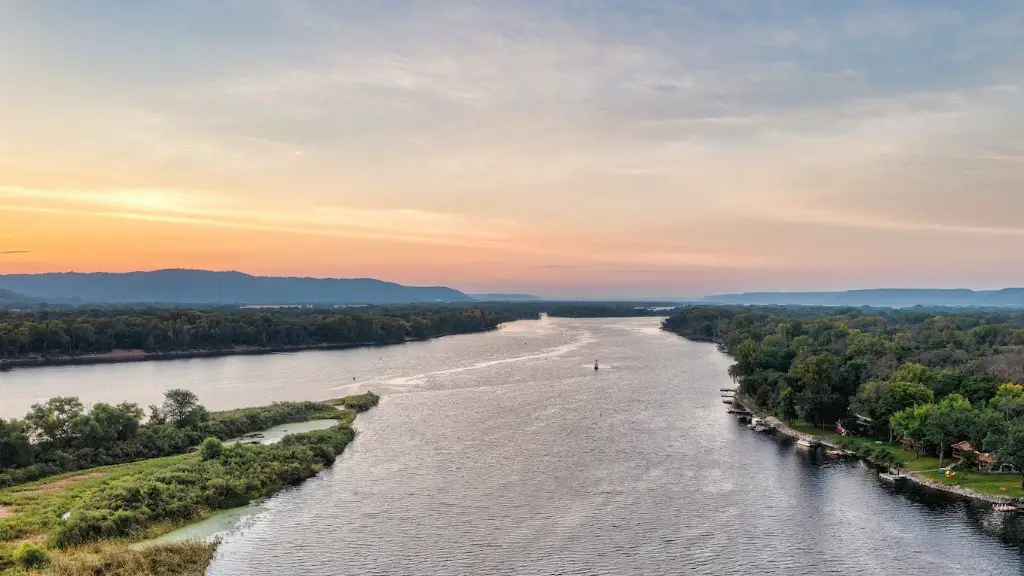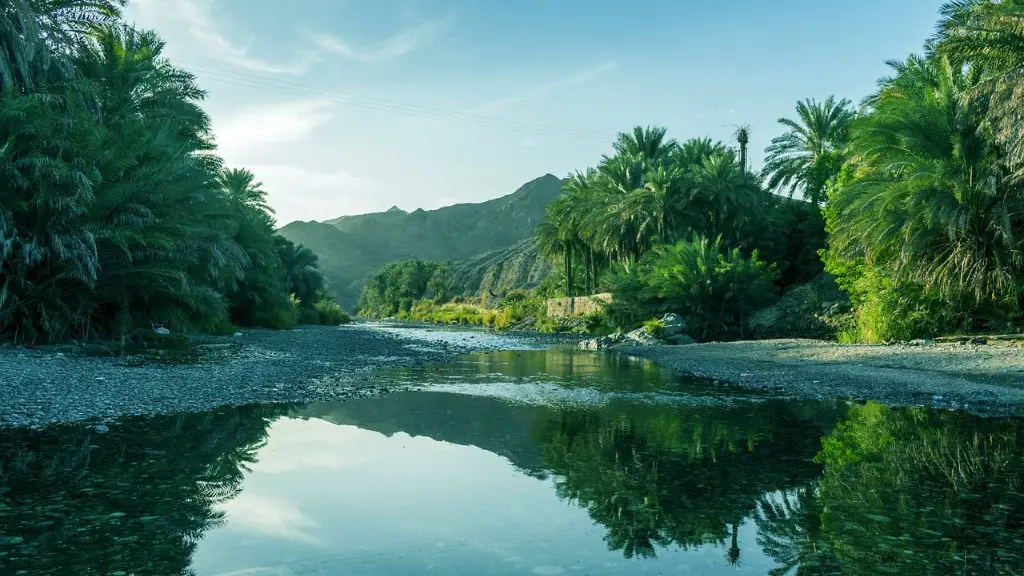Typically thought of an unpredictable, the Mississippi River is experienced its fair share of consistent floods. As the waters rise, many wonder if the flooding is increasing and what that could mean for their lives, their homes and businesses. In recent years, the impacts of climate change and global warming are endangering communities that live around the Mississippi.
Detailed research has revealed that flood events along the Mississippi are becoming more frequent and intense due to increasing temperatures and changing weather patterns. The watershed is slowly changing, with portions of the river slowly losing water due to agricultural, industrial and urban development. The average temperature in its basin is also rising, which leads to higher precipitation, extreme snowfall and increased numbers of storms.
The effects of climate change have become particularly noticeable in the last few years. In 2019, record-breaking floods occurred in several states in the Mississippi region, leaving communities devastated. Businesses, homes and agricultural lands were destroyed. It is estimated that the floods cost millions of dollars in damages.
Recent reports by the National Climate Data Center show that the Mississippi River’s flooding index has risen steadily over the last two decades. It is predicted that in the next few decades, flooding in the Mississippi area will only become worse. With the presence of more extreme weather events, the flooding may become more frequent and damaging.
Not surprisingly, experts are warning local municipalities and affected citizens of the need to prepare for future flooding events. It is important that steps are taken to limit the impact of the river’s increasing floods. One step is to increase the resilience of the physical infrastructure in the region, including levees, dams, and drainage systems. Building geologic features is another way of protecting communities and businesses from floods.
It is also important to strengthen the federal and state governments’ policy on flooding in the Mississippi area. This includes the introduction of new floodplain management and flood insurance policies, as well as improvements to existing policies. These measures aim to reduce the risk of flooding and ensure the safety of communities around the river.
A final way to reduce the impact of flooding is to reduce development in the river basin area. This includes the construction of fewer buildings and less development of industrial, agricultural and urban areas. This would reduce the amount of runoff into the river and slow the increase in floods.
Adapting to Changing Conditions
Government agencies, businesses and citizens all have a responsibility to protect the region against flooding. As with any disaster, preparation is key and extreme weather conditions require an increased awareness of what is happening in the Mississippi River Basin. Communities need to plan ahead and educate themselves on how to cope with floods.
Adaptations such as planting vegetation on the banks of rivers, performing surveys on the rate of river erosion, or installing flood barriers, are all important. Such measures can protect homes and businesses and reduce the impact of increasing floods.
Municipalities must also be aware that any solutions need to take into account the people who will be affected. They must create strategies for evacuating citizens and providing temporary housing for those who may be displaced. Local governments must also provide aid to victims, such as financial assistance and counseling.
Individuals, who are the most vulnerable to flooding and its aftermath, must also be educated about the dangers of flooding and how to prepare for it. This includes activities such as raising and reinforcing the foundations of homes, purchasing flood insurance, and stockpiling medical supplies.
Financial Considerations
The escalating intensity of floods and their consequences reach far beyond the physical impacts. There are serious financial burdens and obstacles that come with flooding in the Mississippi area.
The cost of flood damage is expensive and usually not covered by regular insurance. In order to be prepared and financially secure, citizens must purchase specialized flood insurance. This cover typically covers damages caused by flash floods, riverine floods and mud slides, but generally not damages caused by the overflow of a sewage system, the cost of relocating or repairing the foundation of a house, or damages incurred after the National Weather Service has declared a flood a “disaster.”
Thus, setting aside a rainy day fund for these eventualities is one way to be ready for them. Individuals must also stay on top of their insurance policies to make sure they are adequately covered and monitor their policies for any changes.
The Role of the Government
It is vital for local and state governments to build evacuation plans, uplift existing protection measures, update their policies and regulations to better protect citizens from the peril of flooding, and never forget the most vulnerable of their citizens.
The federal government can also play a role by providing additional support and resources to affected states. The Department of Housing and Urban Development has recently allocated over $10 million to help rebuild affected communities. However, much more will need to be done to adequately prepare and aid local citizens with the increasing threat of flooding.
The government should also continue to research and understand the long-term impacts of climate change on the Mississippi River. They should lead the way in contributing to initiatives around global warming and climate change, in order to reduce the impact of these increases in floods.
The Clock is Ticking
Climate change is a slow-moving problem, but the Mississippi River is evidence of its increasingly deadly effects. With its annual floods becoming more frequent and intense, the need for well-rounded flood risk management strategies, greater preparedness among citizens to combat the unnatural flooding, and a conscious effort to reduce both infrastructure and property damages has become a priority.
Initiatives to partner with the United Nations and other countries on constitutional climate change laws, such as the Paris Agreement, need to be followed methodically and without fail. Legal measures, citizen focus groups and proper guidelines must be set in order for citizens to be better informed and protected from flooding. These measures will hopefully ensure the safety of citizens now and in the future.
The Role of Science and Technology
Hydrological science and technology also play a major role in understanding floods and coming up with methods to reduce their impact. Studies are conducted to assess the intensity of flooding, the extent of risk factors, and better methods to regulate water levels in rivers. They also contribute to the development of early warning systems, which can help authorities prepare and protect communities from flooding.
Innovations in flood resilient materials, such as biodegradable composites and non-toxic biopolymers, are also necessary to limit the potential long lasting damages of floods. All of these studies come together to form innovative materials that can aid in constructing flood resilient infrastructure in the region.
The use of data and analytics technology can also be used in mapping out potential flooding spots. In addition, new technology can provide valuable information to citizens on the risks of future floods, as well as early warnings systems in order to stay safe and prepared.
What the Future Holds
As the climate continues to change and global warming sets in, it is clear that the Mississippi River will continue to experience increased floods. It is therefore, important for all actors to remain aware of what is happening, to better prepare and transpire innovative methods of confronting the dangers flooding possesses and protect our communities, homes and businesses from severe damages.
A sense of urgency is needed to save lives, reduce economic losses and ensure the future of many communities and cultures that have been there for centuries. Governments, communities, businesses, scientists and individuals must come together to build a better future, before the situation is too late.
